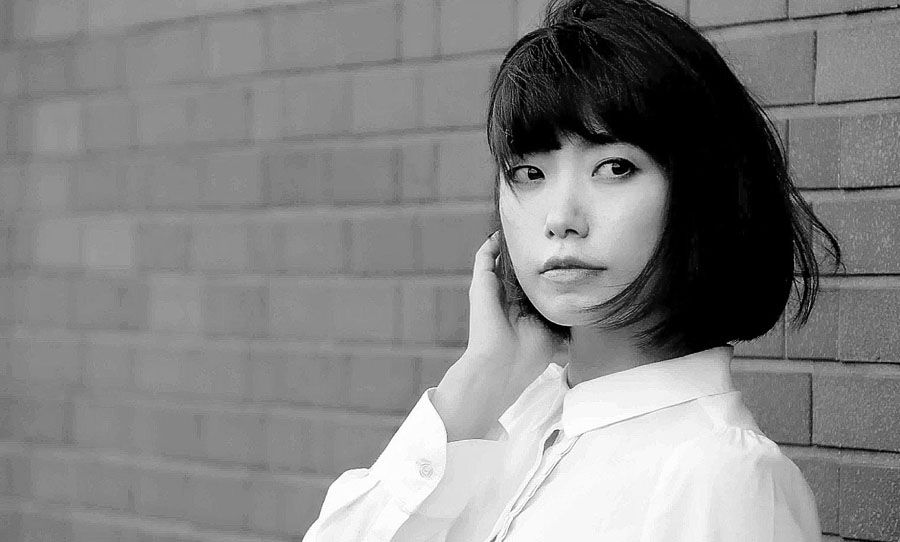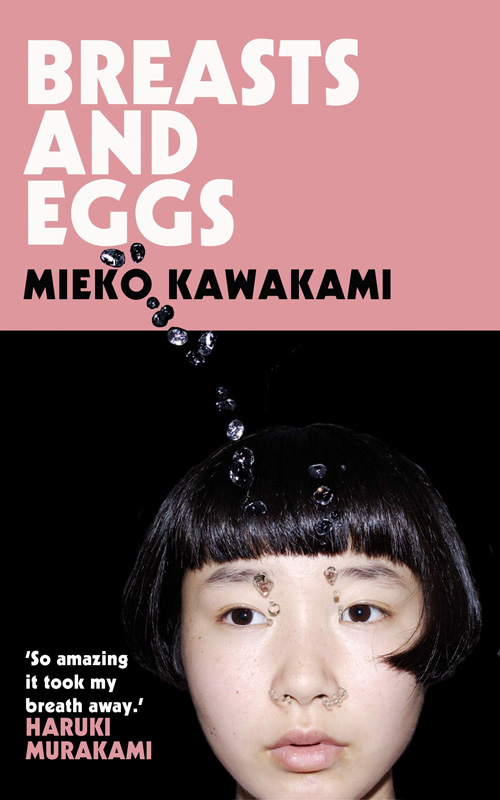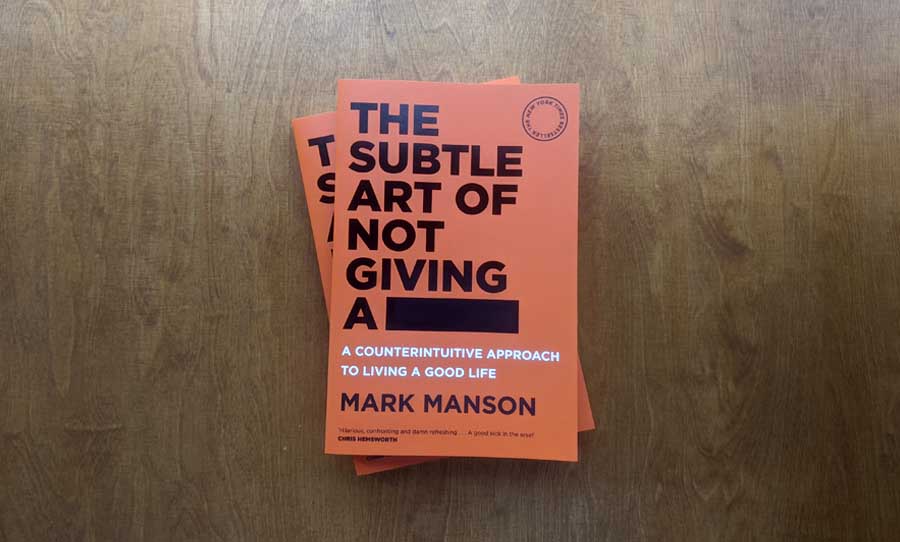Breasts and Eggs (Pan Macmillan) is the debut English language novel from Japanese author, Mieko Kawakami. Already an award-winning author in her home country, the novel announces Kawakami on the international stage.
Centred on the life of Natsuko (who is also the narrator), the novel addresses the scope of female body, motherhood, love, sex and longing. The narrative is propelled by the relationships between Natsuko, her older sister Makiko, niece Midoriko and a collection of her contemporaries in Tokyo. Despite the fact that these interconnections are sometimes stretched to breaking point, they reveal how we can grow together through adversity.

Mieko Kawakami’s English language debut Breasts and Eggs is a sensation in her native Japan. It signals the arrival of a fresh and vital voice in contemporary fiction.
The novel is divided into two sections, separated by almost a decade. Book One finds Natsuko awaiting the arrival of Makiko and Midoriko in Tokyo, who are coming from Osaka. Midoriko chooses to be mute around her mother and aunt, though periodic diary entries invite us into her adolescent psyche:
“The other day at school, in between classes, I forget who, but someone was saying, “I was born a girl, so yeah I definitely want to have a baby of my own eventually.” Where does that come from, though? Does blood coming out of your body make you a woman? A potential mother?”
Natsuko is beset by her own ruminations, largely revolving around her passion for writing. She manages to eke out a living, but her routines are hampered by self-doubt. She left her native Osaka some years earlier to pursue a writing career in Tokyo but for the most part, her ambitions have stalled.
Makiko has dreams of her own. Her visit to Tokyo was to pursue breast enhancement surgery. Struggling as a bar hostess back in Osaka, her surgical obsession—and absence through work—result in fierce resentment from her daughter, who only communicates to her via a notepad. It also attracts the curiosity of Natsuko, who can’t help but contemplate her own body after a lifetime of subliminally consuming idealised versions of femininity:
“My monolithic expectation of what a woman’s body was supposed to look like had no bearing on what actually happened to my body. The two things were wholly unrelated, I never became the woman I imagined.”
After the initial visit from Makiko and Midoriko, the story picks up again some years later. After years of quiet perseverance, Natsuko enjoys some success as a writer and is able to focus on it full-time. She has lived a solitary life for over a decade at this point.
Periodically she reminisces on her only romantic relationship—a teenage bond that spilled over into adulthood. Her childhood memories also surface regularly, where she remembers being surrounded by the women who kept her alive and nourished: “We had no money. We had nothing. But we had each other. We had our words, and all the feelings that we never even thought of putting into words“.
Eventually, Natsuko’s thoughts turn toward the possibility of having her own child. Knowing that she wants to be alone, however, the bureaucratic hurdles placed in front of her seem insurmountable; the cultural taboo of bringing a child into an unconventional family unit presents difficulties of its own.
The confessional style of the narrative adds a philosophical dimension to the ponderings of our protagonist. The questions that Natsuko grapples with challenge our notions of what it means to make progress in life: Can we survive alone in the world? What gives us the right to have children at all? What is the purpose of creating art?
These questions and so many more are deftly unravelled in Breasts and Eggs. This powerful story is a testament to female relationships, the role that memories play in the now, forgiveness and the ability to grow, no matter how painful it can be.
Breasts and Eggs is out now via Pan Macmillan.


